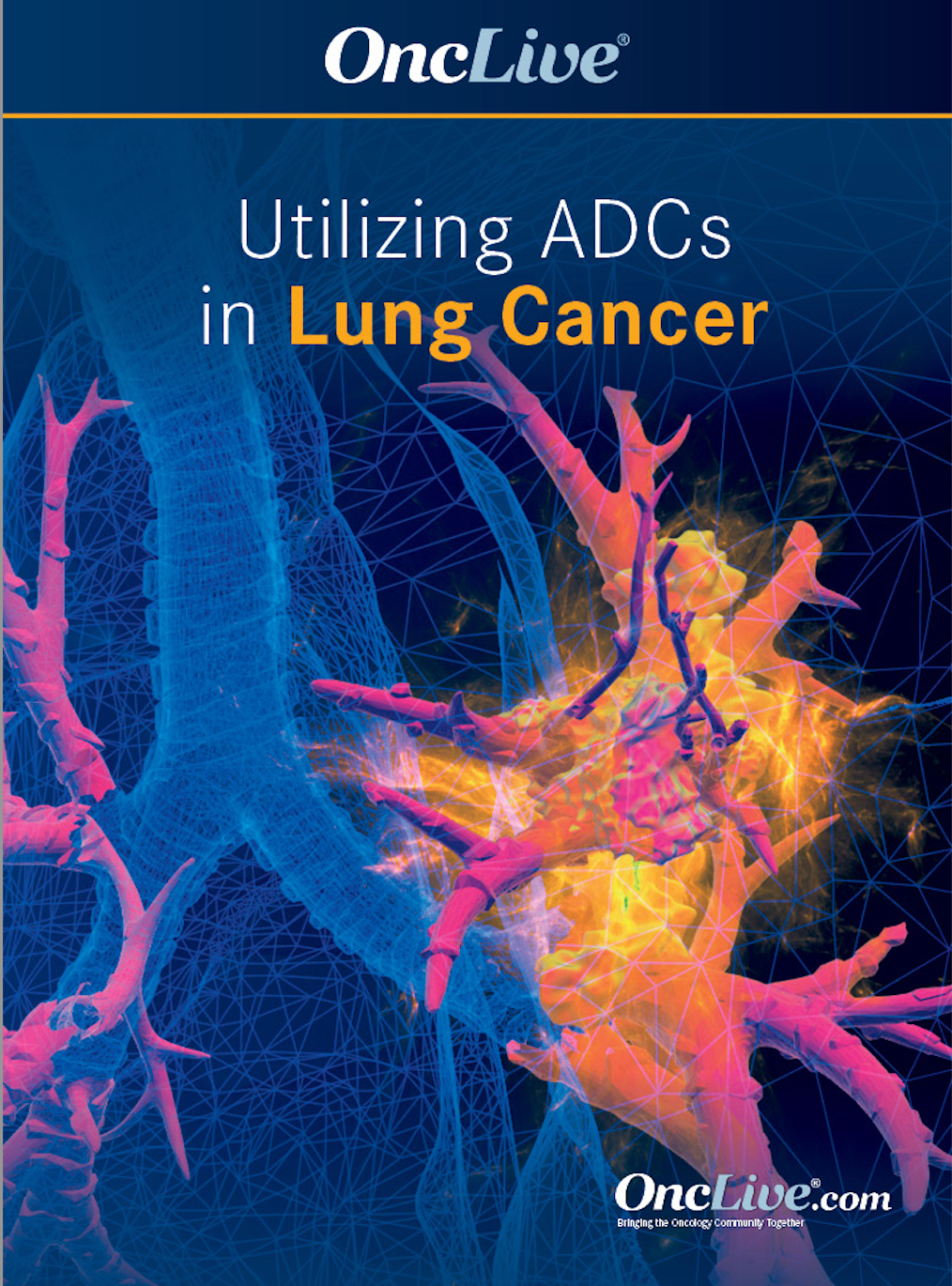Dr. Halmos on Trastuzumab Deruxtecan in NSCLC
Balazs Halmos, MD, discusses the importance of testing for HER2 mutations and exon 20 insertions, which are emerging new targets in non–small cell lung cancer, and how fam-trastuzumab deruxtecan-nxki meets needs for patients with HER2-mutant disease.
Balazs Halmos, MD, professor, medical oncology, Department of Oncology, professor, oncology and hematology, Department of Medicine, chief, thoracic oncology, Albert Einstein College of Medicine, Montefiore Medical Center, discusses the importance of testing for HER2 mutations and exon 20 insertions, which are emerging new targets in non–small cell lung cancer (NSCLC), and how fam-trastuzumab deruxtecan-nxki (Enhertu) meets needs for patients with HER2-mutant disease.
The NSCLC treatment landscape is introducing an effective new class of agents, antibody-drug conjugates, Halmos says. For example, trastuzumab deruxtecan is FDA approved in the molecularly selected subset of patients with HER2-mutant NSCLC, Halmos notes.
The agent demonstrated excellent efficacy and durable responses in the phase 2 DESTINY-Lung02 trial (NCT04644237), in which it elicited a confirmed overall response rate of 58%, Halmos explains. Testing for HER2 in patients with NSCLC is crucial, as trastuzumab deruxtecan is an effective addition to the armamentarium for patients with this mutation, Halmos concludes.




